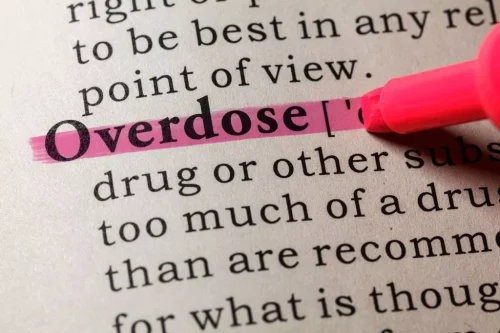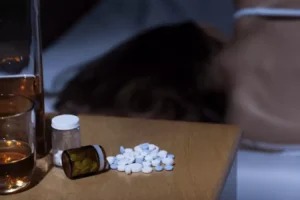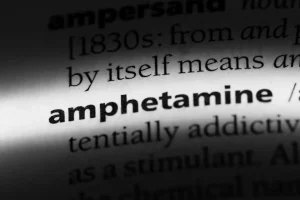
When people take cocaine, their blood pressure goes up and their heart races. They may lose their inhibitions about doing things like spending lots of money on stuff they don’t really need. In summary, psychosocial treatments represent the current gold-standard for CUD treatment.
What happens to the brain when a person takes drugs?
That means it takes less of it to cause negative effects like anxiety and convulsions. For example, you may need medication for the treatment of abrupt or severe changes in your blood pressure. You might need counseling, supervision, and medication if you develop depression and suicidal ideation.
Related Health Topics
Cocaine quickly became popular as an ingredient in patented medicines (such as throat lozenges and tonics) and other products (such as Coca-Cola, from which it was later removed). To find a support group in your area, talk to a healthcare provider or go online. It’s highly addictive, and in the United States, recreational use is illegal. Cocaine is a drug made from the leaves of the coca plant native to South America. According to the National Institute on Drug Abuse, about 15 percent of people in the United States have tried cocaine.
What are the short-term effects of cocaine?
- Multimodal care typically includes combining psychosocial interventions (such as CM or CBT) with medications, and this approach often has better outcomes than treatment with a single intervention.
- Cocaine, sometimes referred to as “crack cocaine,” is a stimulant substance with addictive properties.
- People who are recovering from an addiction will be at risk for relapse for years and possibly for their whole lives.
- This means they may find it difficult to manage their use of cocaine and may experience addiction in the most severe cases of SUD.
- Cocaine is an addictive stimulant drug that can change lives and be life-threatening.
- This is known as polydrug use and is especially dangerous, as it increases the risk of fatal overdose.
Many people who have substance use disorders will try to detox on their own because they believe that they can do so without support. But addiction can be difficult to overcome alone, and many people with these disorders may relapse without the right support. However, help and resources are available for people who are ready to take their life back. Learn more about treatment and recovery for cocaine addiction or contact a treatment provider to discuss rehab options for you or your loved one.

A medication aimed at preventing or reversing such changes might be an effective approach for treating cocaine addiction. There are literally hundreds of proteins that could be targeted in development of such a medication. For example, ΔFosB, or any of the hundred or so proteins it regulates, represent possible drug targets. The same is true for numerous additional molecular changes that have been implicated in cocaine addiction. Glutamate receptors and receptors for the brain’s natural opioid-like substances (e.g., κ opioid receptors) are two examples. Substance use disorder (SUD) is a mental health condition that can affect the brain and alter a person’s behavior.
Drugs, Brains, and Behavior: The Science of Addiction
Cocaine abuse is particularly dangerous because continued use can cause strain on the heart. Cardiac issues, such as heart rhythm disturbances, heart attacks, https://ecosoberhouse.com/ seizures, and strokes, have all been reported. Although most people today recognize that cocaine is addictive, thousands are still drawn to it.
Where will I have my treatment?

Multimodal care typically includes combining psychosocial interventions (such as CM or CBT) with medications, and this approach often has better outcomes than treatment with a single intervention. As a result, in the presence of cocaine, these antibodies bind to cocaine, preventing it from reaching the brain and therefore blocking its euphoric and reinforcing effects. In a follow-up clinical trial with cocaine users who were not on methadone, no significant treatment differences were found. In fact, those who had developed higher vaccine-induced antibody levels actually had more positive-cocaine urines, indicating increased cocaine use. To date, most efforts to develop new medications for treatment of cocaine addiction have focused on preventing or suppressing the drug’s acute effects.
Recognizing an overdose

These opportunities must be seized by professionals from multiple disciplines – from medicine to psychology and from social work to occupational therapy. While it may take time for each individual with CUD to find their own unique combination of treatments that will work best, it is critical to keep individuals engaged in care until their own most effective path toward cocaine addiction treatment recovery can be discovered. The development of novel and efficacious treatments for CUD has been an area of intense research over the past 3 decades. The results of these studies have been the subject of several excellent systematic reviews and meta-analyses.16–19 In this review article, we provide a clinically relevant overview of the current literature on CUD.